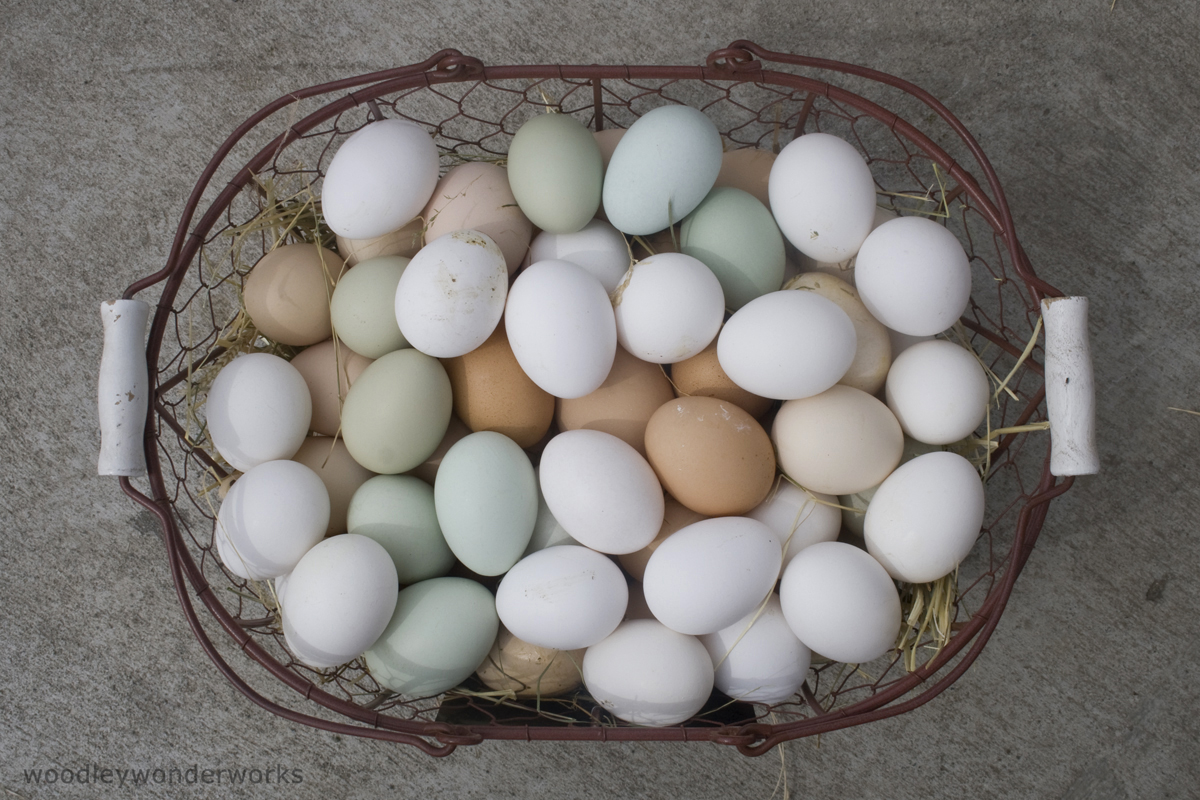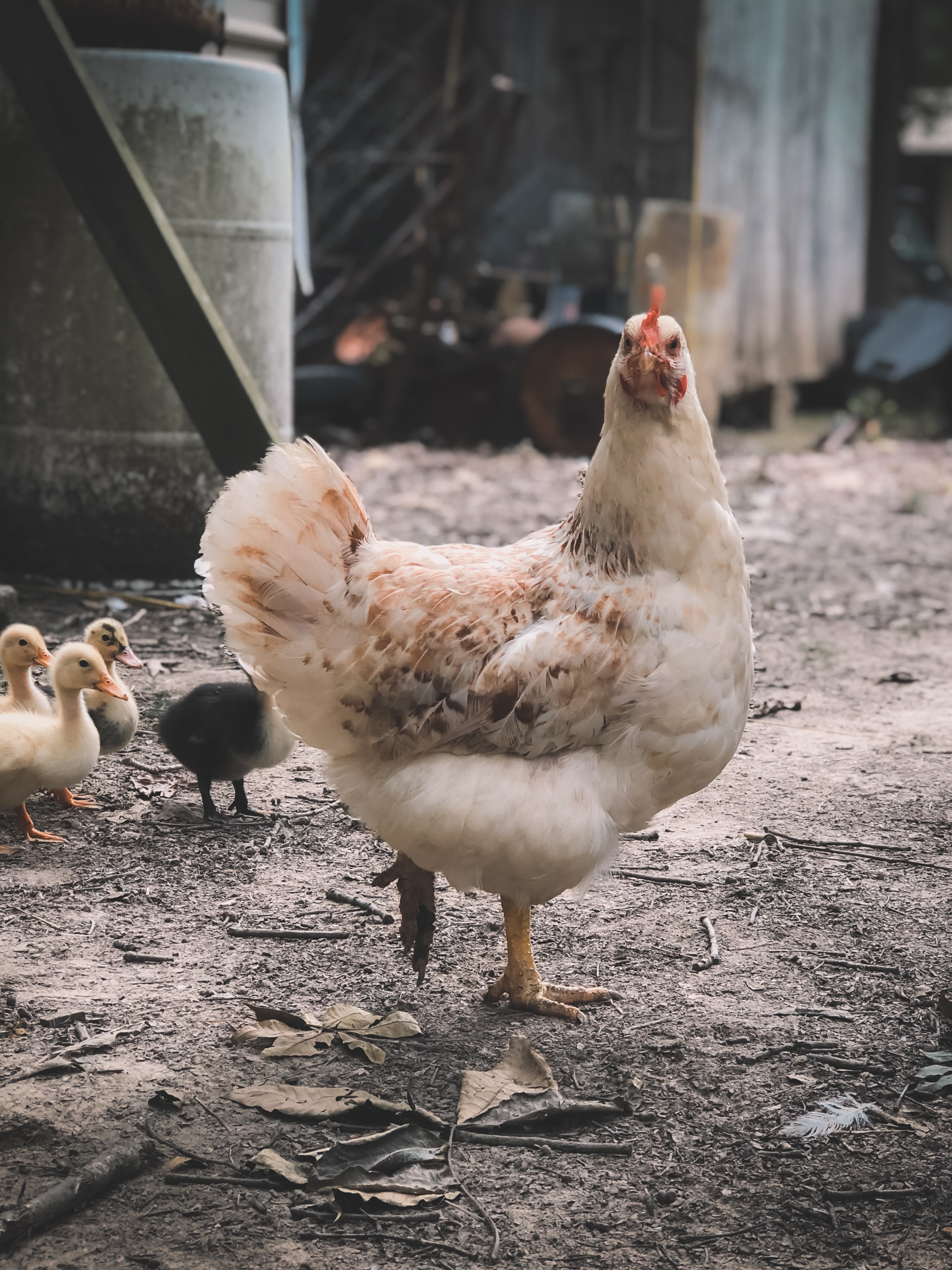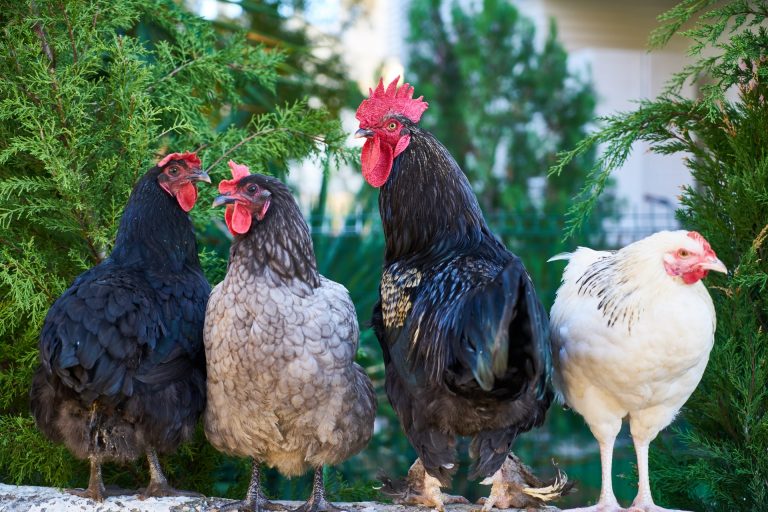After pork, poultry is the most widely eaten flesh food in the world. With the bonus product of eggs, it is no wonder hens are a common choice for farmers. Yet these birds can be much more than a meal. Domestic chicken-keeping has been on the rise, especially during these uncertain times with pandemic measures re-shaping our lives.
While it may not be your first thought when it comes to pets, a small feathered flock can offer a number of benefits, while providing uplifting entertainment and companionship as well. Whether you start with chicks or old layers, it won’t take long to learn to love them.
One of the easiest pets to care for
Chickens are fairly good at fending for themselves. Their needs are simple and they do not require a lot of attention. They do need shelter – something good and solid to keep the many predators at bay, with the right amount of space, and with easy access for cleaning and egg gathering. You can buy a premade coop, or, if you are handy, build one yourself.
They need feed and water, of course. Depending on whether you can let them roam free about your property, you may need to feed them more or less. If you choose to buy organic feed the cost will be significantly higher, but then you can be sure that your eggs are GMO free, and untainted with Monsanto’s many poisons.

Fresh eggs from your own “free-range” flock are sure to be the most nutritious. A natural diet of various insects, seeds, and greens will give the yolk a deep orange color, hard to find in store-bought eggs. (Image: woodleywonderworks via Flickr CC BY 2.0)
Success
You are now signed up for our newsletter
Success
Check your email to complete sign up
There are far more things that they do not need. Chickens do not need to be taken on walks. They get plenty of exercise scratching around all day, and they won’t make messes in your house. They do not threaten or annoy the neighbors. As long as you keep your coop at a distance from neighboring homes, the sometimes unpleasant smell will not reach others’ noses. You do not need to worry about grooming your chickens. An area of dry earth provides a dust bath for the birds, whereby they eliminate any undesirable creatures on their bodies and keep their plumage clean.
You should clean out their coop periodically, but nothing like a litter box. Many believe that the presence of concentrated manure in your coop actually helps keep away parasitic pests like mites and fleas, and only clean it out a couple of times per year. Continuing to layer straw or wood shavings over the fresh droppings will keep the manure from getting dry and dusty, and eliminate strong odors as well.
Your flock will naturally go in at night to roost, and then all you need to do is lock the door. The biggest concern with chicken care is protecting them from the countless critters with designs to devour them, mainly at night.
Best bug control
Chickens are omnivores, and will eat most anything you put in front of them, but as descendants of jungle fowl, wild chickens still found in Indonesia, their natural diet consists mainly of foraged insects, grubs and worms.
Although it is safe to give them a variety of grains and even food scraps, you’ll want to be careful to avoid avocados, dried beans, chocolate, green tomatoes or potato skins, sweets, and anything mouldy, which can make them ill. Ideally, let the flock roam about eating the bugs out of your lawn and garden. They may peck at your greens and fruits a bit, but the benefit of pest control will outweigh the damage done.
While some people have gone so far as to supplement their flock’s feed with fresh maggots, obtained by keeping a piece of rotting flesh in a hanging cage, this sort of thing is exactly what attracts raccoons and rats to your chicken run. Giving them any sort of meat or dairy, or even root vegetables that are too big for them to consume, is likely to bring unwanted animals around which will threaten the welfare of your birds.
Free fertilizer and foster care
If you have a garden, one of the greatest benefits you will reap from keeping birds is high quality manure. Chicken droppings are rich in nitrogen, which makes them great fertilizer for plants. The manure is extremely concentrated and needs to be properly composted before use, however. Five to six weeks is sufficient to reduce the ammonia content, or “cool” the manure, so that it doesn’t burn your plants.
Since broody hens make good mothers, allowing a hen to hatch eggs into chicks is the most efficient way to raise young birds. In fact, broody hens are often used in place of incubators to hatch eggs for other species. Many hens are faithful sitters, and will keep trying to hatch lifeless eggs until you actually take them away. Like with most animals, the mothers are often fierce protectors of their young, and do not shy from attacking predators.

Feathered friends
A flock of birds can be like a member of your extended family. In a way, it acts as one entity, with a common purpose, activity, habit, and character. As you get to know your flock, however, you will see that each bird has its own personality and traits often similar to those of humans. There will be proud, greedy, curious, anxious, stern, and playful members of your flock, and they will need to sort out their differences daily. One can learn a good deal in observing a whole community like this.
While you may get some who follow you about, hop onto your shoulder, or like to be petted, most of the flock will stick to their own kind rather than seeking your attention.
But if a more intimate pet is what appeals to you, you can, in fact, keep one in your house. Individual birds are much more friendly, as they lack their natural companions. And while it takes time and perseverance, it is possible to litter-train a chicken.
Although letting the chooks out, shutting them in, and giving them feed and water is their minimum daily requirement of your time, you may find yourself drawn to observe and interact with these endlessly fascinating fowls whenever time permits. Witnessing the clever ways they communicate with one another, and a mother hen’s fastidious care for her chicks may inspire respect and awe, or it may just make you laugh heartily. Either way, you win.
















